Upcoming Seminars
Stay tune!
Past Seminars

A Process Flow Guiding Additive Manufacturing of Metallic Components for Repeatable Microstructures and Mechanical Performance
October 23, 2017 - 1:00 pm
Speaker: Dr. Melissa Orme
A holistic process flow designed and implemented for Additive Manufacturing (AM) topologically optimized metallic components for use on flight hardware is described and demonstrated. The process flow aims to provide the framework for which AM parts can be fabricated with repeatable microstructure and mechanical characteristics.
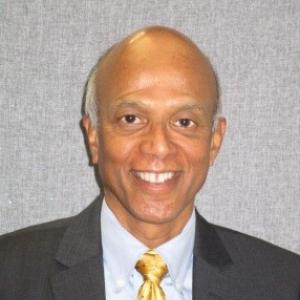
Three Decades of Adaptive Structures: A Subjective Perspective
October 09, 2017 - 1:00 pm
Speaker: Dr. Jayanth N. Kudva
While ‘smart materials,’ particularly piezoelectrics, have been known and used by the scientific community for more than a century, the term ‘smart structures’ came into vogue in the 1980s. The impetus for the research at that time was sparked by the initial demonstration of embedded fiber optic sensors in a composite laminate.
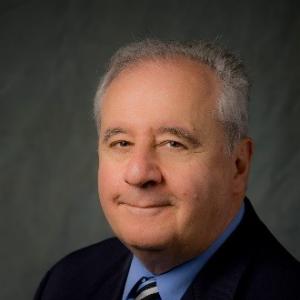
Life-Cycle, Risk, Resilience and Sustainability of Infrastructure
June 09, 2017 - 1:00 pm
Speaker: Professor Dan M. Frangopol
Our knowledge to model, analyze, design, maintain, monitor, manage, predict and optimize the life-cycle performance of structures and infrastructure under uncertainty is continually growing. However, in many countries, including the United States, the civil infrastructure is no longer within desired levels of performance.

Structures as Sensors: Indirect Monitoring of Humans and Surrounding Through Structural Vibrations
June 07, 2017 - 1:00 pm
Speaker: Professor Hae Young Noh
This presentation introduces indirect sensing in cyber-physical systems that infers desired information using structures as sensors (through physical structural vibration responses) instead of directly measuring sensing targets.
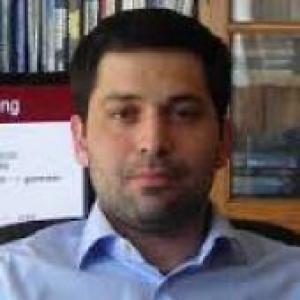
Finite Element Analysis of RC Structural Components Under Earthquake Loads
June 05, 2017 - 1:00 pm
Speaker: Professor Yannis Koutromanos
Reinforced concrete (RC) is a popular construction material for residential and commercial buildings, as well as bridges. The reliable determination of the performance and safety of RC structures is of uttermost importance towards ensuring resilient communities.
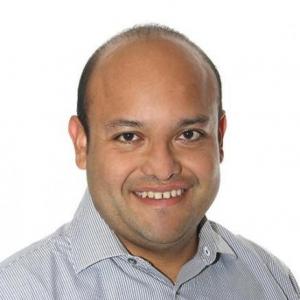
Optoelectronics and Civil Engineering at the Nanoscale with Graphene
May 31, 2017 - 1:00 pm
Speaker: Professor Oscar Vazquez-Mena
Graphene is the fastest, strongest, and thinnest natural material ever found and its properties have opened a real avalanche in potential applications. The electrons in graphene can move up to 100 times faster than in silicon, its tensile strength is 300 times higher than steel, and its thickness almost unbeatable: 1 atom thick and about 50 thinner than the cell membrane or a DNA chain.
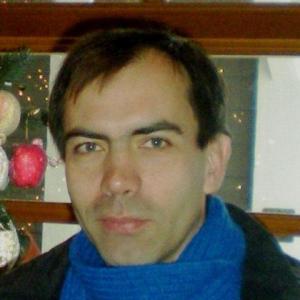
Anything Left to Do in Structural Optimization?
May 22, 2017 - 1:00 pm
Speaker: Professor Vladimir Balabanov
A point of view of engineers from industry towards any software will be presented. The more you consider this point of view the more chances are your software will be wide-spread in industry. Designing complex engineering systems is not a trivial task. Designing the complex systems that will best suit a particular purpose while requiring minimum resources is even more challenging.

Work Optimization: Promoting Wellness Among Graduate Students
May 17, 2017 - 1:00 pm
Speaker: Natalie Favorite
Graduate students are pulled in many directions during their time in school. They face intense workplace demands, social demands, personal stressors, and strive to do it all well. For many, graduate school is a time of intense anxiety rather than a time of personal and academic growth.
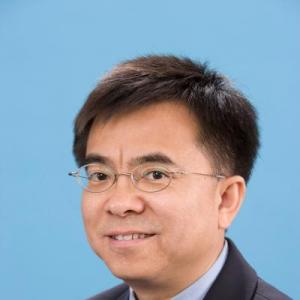
Magnetorheological CNT Nanocomposites and Their Viscoelastic Responses
May 10, 2017 - 1:00 pm
Speaker: Professor Lizhi Sun
Magnetorheological (MR) elastomer composites with the addition of multi-walled carbon nanotubes (CNTs) are developed. The viscoelastic responses of MR nanocomposites to applied magnetic fields are investigated through dynamic mechanical analysis. It is found that a small amount of carbon nanotubes can effectively improve the mechanical performance of conventional MR elastomers.
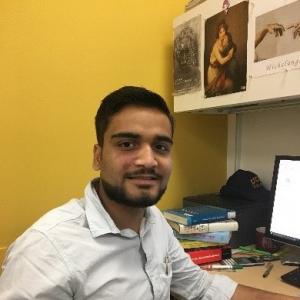
A Generalized Approach for Reconstructing the Three-Dimensional Shape of Slender Structures Using Cosserat Rod Theory
May 08, 2017 - 1:00 pm
Speaker: Mayank Chadha
The full-field deformed shape reconstruction of a slender object like pipelines, tethers, mooring cables, surgical tubing and others is desirable for many applications. This work aims at developing an algorithm that determines the three-dimensional global displaced shape of the slender structures from a limited set of scalar surface strain measurements. It is a comprehensive approach that captures the effect of curvature, shear, torsion and elongation. A common behavior of the targeted structures is that they are subjected to small strains but arbitrarily large deformations.
